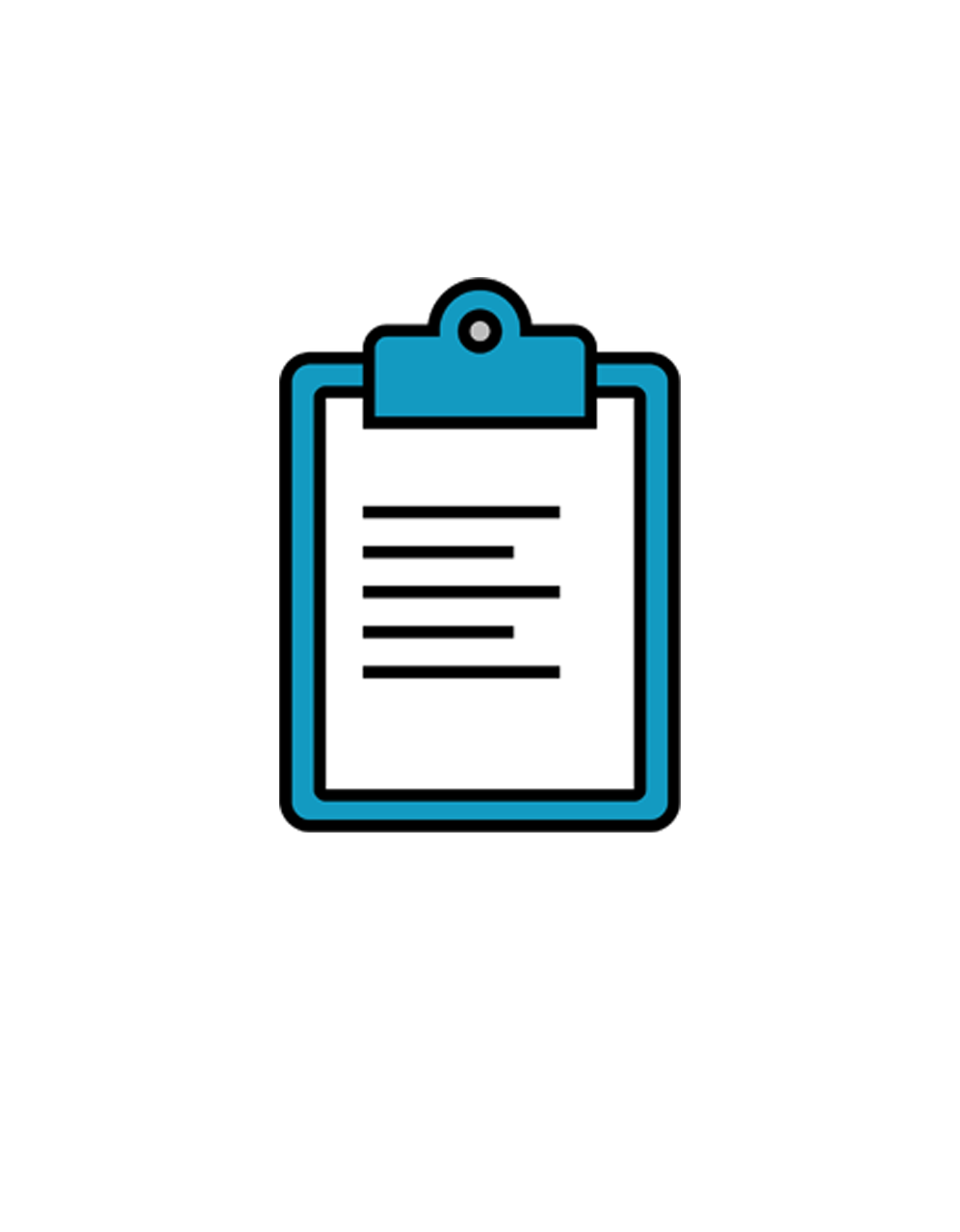 |  |  |  |  |  |  |  |
| Background | Review of Current Practice | Sleep Assessment | Sleep Management Tools & Techniques | Hypnotic Withdrawal Programme | Sleep Consultation | Final Assessment | Contact Us |
REST (Resources for Effective Sleep Treatment) e-learning package: Self assessment
WHEN LEAVING THIS PAGE, YOUR ANSWERS WILL RESET. PLEASE BE SURE TO SUBMIT YOUR ANSWERS BEFORE LEAVING
WHEN LEAVING THIS PAGE, YOUR ANSWERS WILL RESET. PLEASE BE SURE TO SUBMIT YOUR ANSWERS BEFORE LEAVING